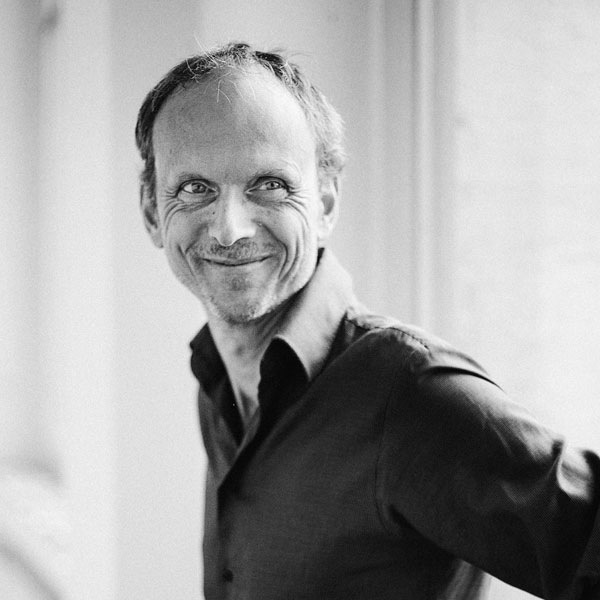VideogalleryAfter Us
videogallery – free entrance
curated by Julian Rosefeldt
for Fondazione In Between Art Film
valid until 9 April due to the Museum’s first-floor closing
buy online
the only open ticket, valid for 100 years, for one admission to the Museum and all current exhibitions
buy online
valid for access to the Museum during the last opening hour, available online and at the Museum’s digital ticket point only
upon presentation of the membership Card or Carta EFFE
buy online
minors under 18 years of age; disabled people requiring companion; EU Disability Card holders and accompanying person; MiC employees; European Union tour guides and tour guides, licensed (ref. Circular n.20/2016 DG-Museums); 1 teacher for every 10 students; ICOM members; AMACI members; journalists (who can prove their business activity); myMAXXI membership cardholders; European Union students and university researchers in Art and Architecture, public fine arts academies (AFAM registered) students and Temple University Rome Campus students from Tuesday to Friday (excluding holidays); IED – Istituto Europeo di Design professors, NABA – Nuova Accademia di Belle Arti professors, RUFA – Rome University of Fine Arts professors; upon presentation of ID card or badge – valid for two: Collezione Peggy Guggenheim a Venezia, Castello di Rivoli Museo d’Arte Contemporanea, Sotheby’s Preferred, MEP – Maison Européenne de la Photographie; on your birthday presenting an identity document
for groups of 12 people in the same tour; myMAXXI membership card-holders; registered journalists with valid ID
buy online
under 14 years of age
buy online
disabled people + possible accompanying person; minors under 3 years of age (ticket not required)
book online
MAXXI’s Collection of Art and Architecture represents the founding element of the museum and defines its identity. Since October 2015, it has been on display with different arrangements of works.

videogallery – free entrance
curated by Julian Rosefeldt
for Fondazione In Between Art Film

The Berlin-based artist Julian Rosefeldt (born in Munich in 1965) is internationally renowned for his visually opulent and meticulously choreographed moving image artworks, mostly presented as complex multi-screen installations. Inspired equally by the histories of film, art and popular culture, Rosefeldt uses familiar cinematic tropes to carry viewers into surreal, theatrical realms, where the inhabitants are absorbed by the rituals of everyday life, employing humour and satire to seduce audiences into familiar worlds made strange. His works are shown internationally at museums and film festivals.
photo © Veronika Bures
Identity and alienation, nostalgia and memory, populism and truth: a poetic but acute diagnosis of the present suggests a pessimistic perspective on the future, in an After Us era.
Life on earth is changing at a breathtaking speed, with ambivalent consequences: expanding access to a globalised market has facilitated the middle class’s growth in former Third World countries and enabled a growing number of human beings to escape poverty. On the other hand, globalisation and turbo-capitalism are accompanied by a widening gap between rich and poor, resulting in civil wars and mass migration. Digital technologies and social media offer better access to communication and education to those who were previously isolated and created new phenomena such as hatred and the spread of fake news.
Artists have perceived these disturbing developments for a long time. Sometimes, they look from a present-day perspective, and an imagined distant future at the Anthropocene, or the Capitalocene. The scope and speed of environmental change increase originally from the concept of capital and a concept of growth that excludes most humans and reduces most humans to mere consumers’ role.
The works have been selected from the collection of Beatrice Bulgari’s Fondazione In Between Art Film archive and show a poetic but acute diagnosis of the present, suggesting a melancholic perspective on the future in an era ‘after us’. The artists in this selection of video works focus on the problems and phenomena of our time such as migration, loss and displacement; identity and alienation; nostalgia and memory; control and surveillance; populism, truth and manipulation.
header: Adelita Husni-Bey, The Reading/La Seduta, 2017.
BIO
Julian Rosefeldt